Talking about yourself can feel uncomfortable, whether you’re introducing yourself in a professional setting, meeting new people, or filling out a dating profile. If you’re wondering, ‘What should I say about myself?‘ this guide will help you craft a response that’s thoughtful, confident, and appropriate for any situation.

Stuff to Say About Yourself
I’ll mention what you can say about yourself when in different situations and contexts. Plus, you’ll also find some featured affordable products that can help you with this further. Let’s get right to it.
This post has affiliate links which means that we make a commission from qualifying purchases at no additional cost to you. For more information read our Affiliate disclosure.
Note: Although I am a Clinical Social Worker, engaging with this website does not establish a professional social worker-client relationship. The information provided here is for general purposes only and should not be considered professional advice. While we strive to ensure accuracy and reliability, this content is not a substitute for professional guidance. For specific concerns, issues, or situations, it is essential to consult a qualified professional and present your situation. Read the full Disclaimer here.

1. Professional Introductions
When discussing yourself in a work or networking context, focus on your skills, accomplishments, and goals. Here’s how to structure your response (remember to tailor your introduction to fit your situation):
- Current role or title: “I’m a project manager with five years of experience managing cross-functional teams.”
- Key skills or specialties: “I specialize in streamlining processes to improve productivity and efficiency.”
- A personal touch: “I thrive on solving complex problems and enjoy mentoring new team members.”
2. Personal Introductions
In casual conversations, you can share interesting tidbits that make you relatable and memorable. Keep it light and conversational—people connect with stories and enthusiasm.
For example:
- Hobbies: “I love hiking and have a goal to visit all the national parks.”
- Passions: “I’m really into photography, especially capturing urban landscapes.”
- Fun facts: “I once baked 100 cookies for a fundraiser in a single day.”
3. Self-Reflection
For deeper self-awareness, take time to think about what truly defines you.
Here are some prompts to help:
- What are three words that describe your personality?
- What’s a life lesson you’ve learned that you feel shaped who you are?
- What are your core values, and how do they influence your actions?
Reflecting on these can help you confidently talk about yourself in meaningful ways.
I suggest you check out mindful conversation starter cards for additional support.
Paid link: MINDFUL CONVERSATION STARTER CARDS
Mindful conversation cards contain prompts that foster deep and meaningful conversations. By getting these cards, you’re encouraging connection with others on a more profound level, showing that you value meaningful relationships.
The prompts on these cards often encourage reflective and attentive communication. This promotes mindful and present conversations, fostering a sense of understanding and empathy among individuals.
This deck will be the only deck you’ll ever need as it’s perfect dinner conversation starters for families, or for a romantic date night.
It’s definitely a high quality conversation starter deck sure to let you move past boring small talk with thought provoking questions thst inspire fun and meaningful conversations.
Topix conversation cards provide 424 conversation prompts to turn boring events into lively conversations.
If you need self-improvement journals check out these 2 recommendations.
Show Up For Yourself – Gratitude Journal
SHOW UP FOR YOURSELF GRATITUDE JOURNAL
If your would benefit from transforming your daily routine with the power of gratitude, scientifically proven to produce a number of benefits to physical and mental health, such as better sleep, improved mood and a boosted immune system, consider getting the Show Up For Yourself Gratitude Journal.
You can experience more fulfillment and tranquility as you’re guided through six months of self-discovery, getting an opportunity each day to cultivate a higher level of positivity and reduce stress. And indulge in daily reflections featuring morning and evening sections to start and end the day on a positive note.
By regularly noting down things to be grateful for, anyone can begin shifting attitude from self-criticism to self-appreciation. Additionally, prompts within the journal can invite to acknowledge strengths, accomplishments, and moments of personal growth, reinforcing a sense of self-worth.
Conveniently, this journal’s undated pages ensure you can pick up right where you left off, fostering consistency without pressure. USE A PROMO CODE AVAILABLE FOR JOANNA BEL READERS: 10-JOVANA.
You could combine it with a gratitude card deck.
Paid link: Moments of Gratitude – 52 Reflection Cards for Positivity & Mindfulness
Cultivate gratitude with this deck of 52 thoughtfully designed cards, each offering a unique prompt to help you reflect on the good in your life.
Created by psychologists, these science-backed exercises support mindfulness, improve mood, and encourage positive mental habits.
It can be used for journaling, meditation, or daily inspiration, making a meaningful item for anyone seeking more joy and appreciation in their everyday moments.
4. Dating Profiles
Crafting a dating profile requires striking a balance between honesty, humor, and intrigue. Here’s an example of a strong “about me” section:
- “Bookworm who loves cozy cafés, spontaneous road trips, and overanalyzing movie endings. On weekends, you’ll find me experimenting with new recipes or binge-watching true crime documentaries.”
Focus on showing your personality while giving potential matches a sense of who you are and what you enjoy.
You can check out conversation starter card deck for couples for more in depth guidelines.
Paid Link: 612 Conversation Starters for Couples To Create Quality Time (Cards)
The Conversation Cards for Couples is a relationship card game designed to help partners, whether new or long-term, connect through meaningful conversations.
Each card features four engaging questions, with a total of 612 unique prompts, making it ideal for deepening relationships and understanding between couples.
This game promotes intimacy by encouraging genuine connection through thought-provoking topics.
The cards are compact and convenient to carry, perfect for date nights or intimate discussions anytime, anywhere.
5. Parenting Introductions
Parenting is often a big part of who you are, and sharing it can create strong connections with others. When introducing yourself as a parent, consider these approaches:
- Lighthearted: “I’m a mom of two who’s mastered the art of hiding vegetables in mac and cheese.”
- Reflective: “Being a dad has taught me patience, adaptability, and how to live in the moment.”
- Community-Oriented: “I’m passionate about connecting with other parents and sharing the ups and downs of raising kids.”
This approach works well for parenting groups, playdates, or even casual conversations where being a parent is a shared experience.
6. Confidence Building
Sometimes, talking about yourself is less about what you say and more about how you say it. Use affirmations to boost your confidence. Practicing positive self-talk can make you feel more at ease when introducing yourself:
- “I’m proud of the work I’ve done to grow and learn.”
- -“I’m someone who values honesty and kindness.”
- “I have unique talents and perspectives that add value.”
Here are some books on confidence you can grab for additional support with understanding it: 9 Confidence Books For Adults To Push Beyond All Limitations.
7. Icebreakers for Group Settings
If you’re in a group setting and need to introduce yourself, keep it brief and engaging. Highlight something relatable to spark further conversation:
- “Hi, I’m Sarah! I work in marketing, and I’m passionate about exploring new food spots in the city.”
- “I’m Alex. I’m a tech enthusiast and love tinkering with gadgets in my spare time.”
8. Talking About Achievements
When sharing achievements, keep it humble but impactful. For example:
- “I recently completed my first marathon, which was a huge personal goal for me.”
- “I led a project at work that increased efficiency by 30%.”
9. Discussing Challenges
Sometimes, talking about challenges you’ve overcome can make you relatable and inspiring, These stories can highlight your resilience and adaptability:
- “I used to struggle with public speaking, but I joined a group that helped me feel more confident.”
- “After a career setback, I decided to learn new skills, which led to my current role.”
RELATED: What If You’ve Having A Hard Time Going Through Hard Times? (9 Tips).
10. Family and Cultural Background
Sharing aspects of your family or cultural identity can add depth:
- “I grew up in a small town, and it taught me the value of community.”
- “My cultural heritage is really important to me, and I love celebrating traditions with my family.”
This works especially well in more personal or social settings.
11. Creative Writing
If you need to write a bio for social media, blogs, or websites, think of it as storytelling. Combine professionalism with a personal touch:
- Professional context: “As a parenting blogger, I share practical tips and heartfelt stories to inspire moms and dads navigating the beautiful chaos of family life.”
- Personal touch: “When I’m not writing, you can find me chasing my toddler, sipping cold coffee, or rewatching ‘The Office’ for the tenth time.”
Keep it concise and tailored to your audience while showcasing your personality.
Latest Posts:
- Gifts for Your Teenager That They’ll Actually Enjoy

- 6 Reasons Your Teenagers Seem Distant and Distracted

- Special Gifts to Let Someone Know You’re Thinking of Them (13)

- 100 Ways to Challenge Yourself (Without Stretching Yourself Too Thin)

- What To Do When Your Parent Struggles With Alcohol

- How To Navigate Moving to a New Home With Your Kids

FINAL THOUGHTS ON STUFF TO SAY ABOUT YOURSELF
Knowing what to say about yourself can feel overwhelming, but it’s a skill that becomes easier with practice. Start by identifying key aspects of your life, personality, and achievements, and adapt your responses based on the situation.
Regardless if you’re at work, meeting new friends, or introducing yourself online, the most important thing is to be genuine and authentic, since it’s important to be connected with people who are capable of accepting you for who you are.
I hope you found this helpful! If so, continue reading: 100 Reasons To Love Yourself + 1 That Will Surprise You.

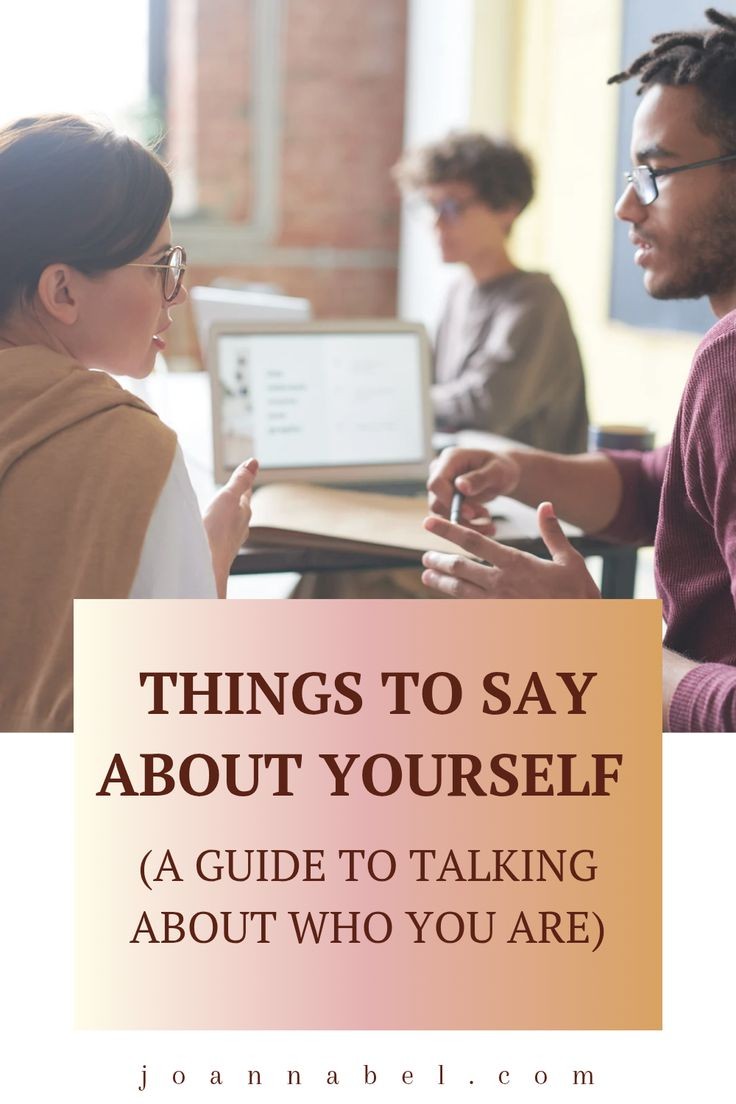

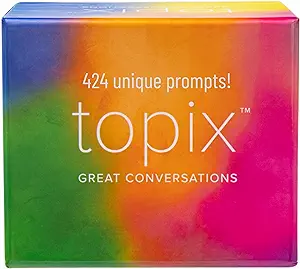
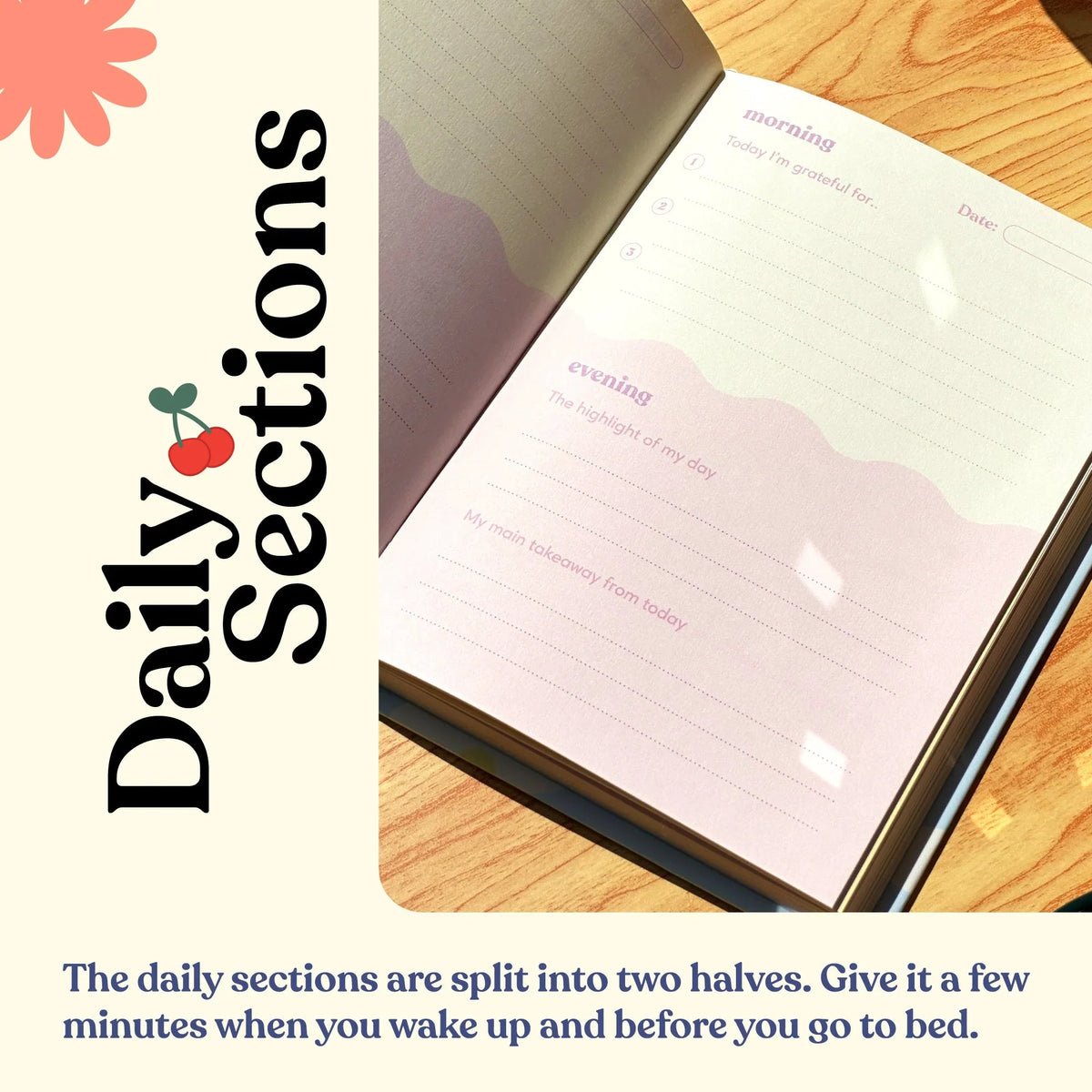
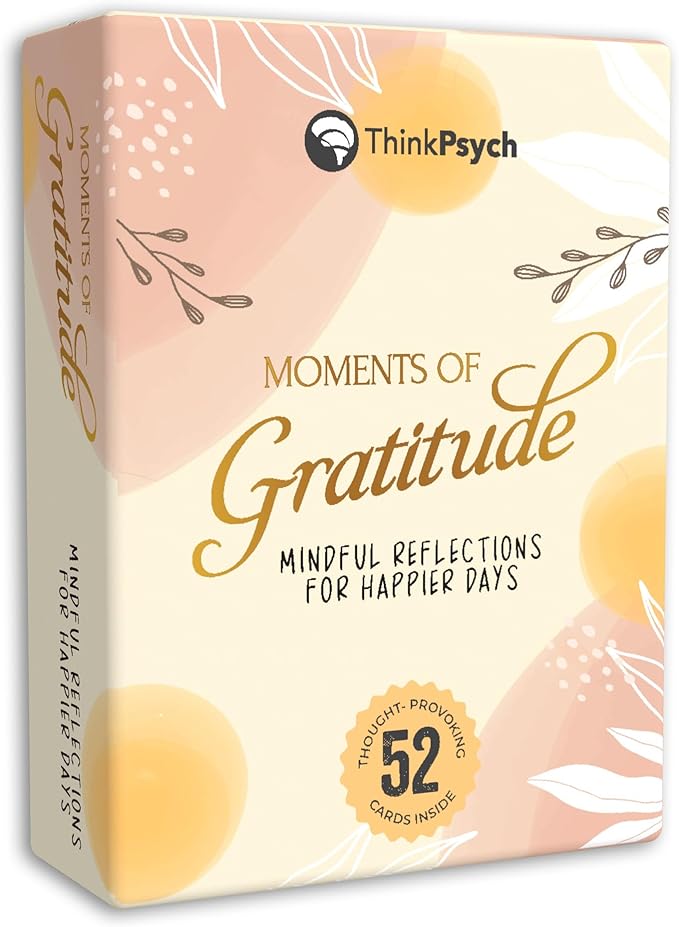

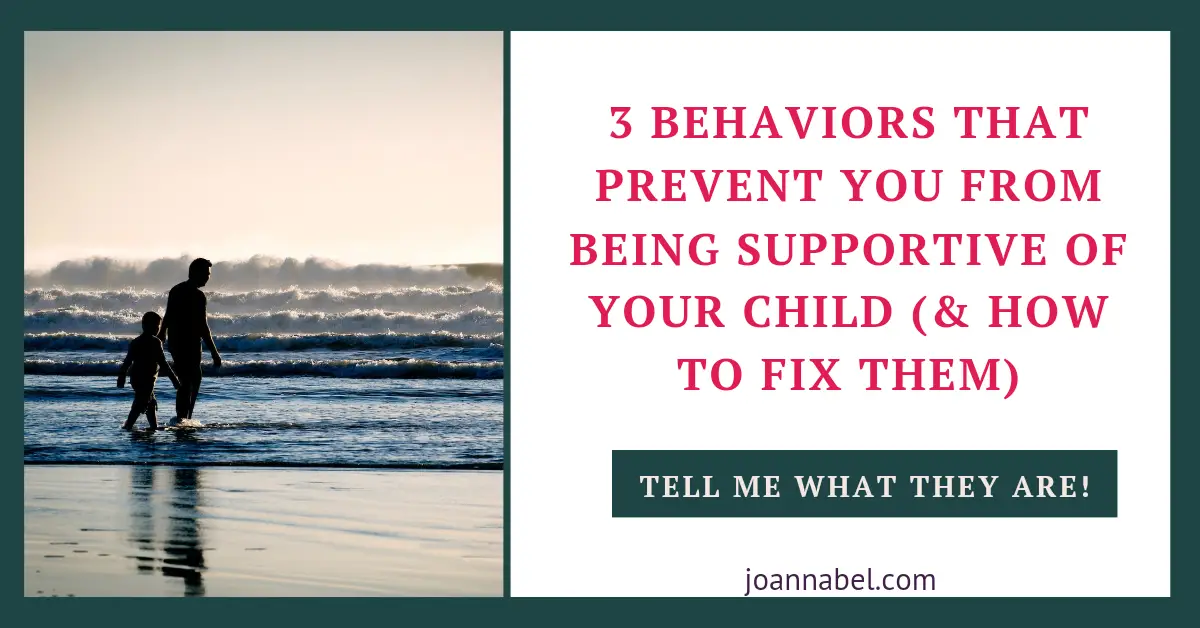






Leave a Reply